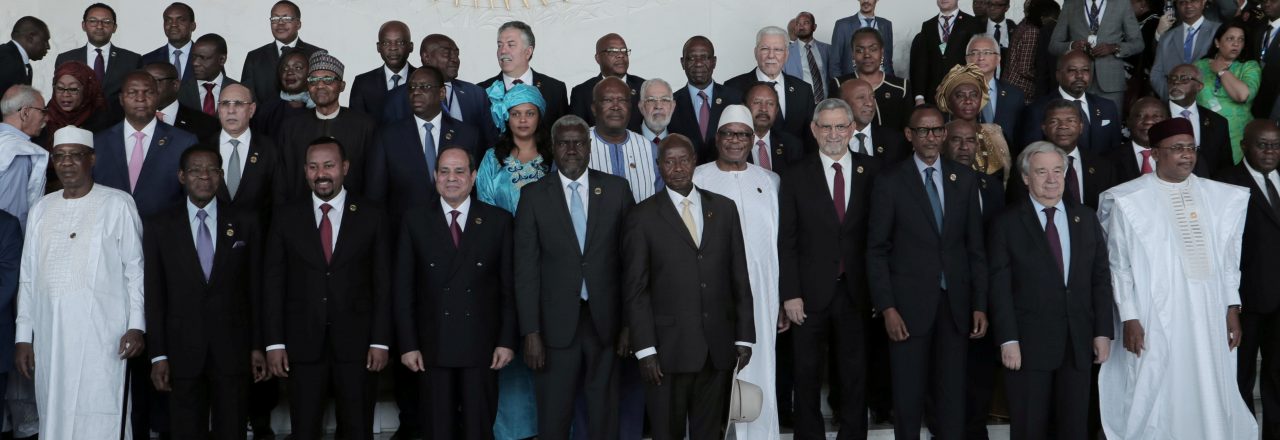
African leaders show their support for the UN-led peace process in Libya and plan to set their own joint counterterrorism force
Amongst the key issues discussed at the 33rd African Union (AU) summit held in Addis Ababa on 9-10 February, great attention was given to the crises in Libya and in the countries of the Sahel. As highlighted by the AU Chairperson Cyril Ramaphosa, “the principle of finding African solutions for African problems must be our overriding theme”. Smaïl Chergui, the AU Commissioner for Peace and Security, underlined the need for a greater involvement of the AU in resolving the continent’s crises through its participation in the UN-led initiatives, such as the peace process in Libya. The same issue was addressed by UN Secretary-General António Guterres, who endorsed a more prominent role of the AU and added that the UN Support Mission in Libya (UNSMIL) is open to receive support from the AU in all the intra-Libyan working groups. Both Guterres and Moussa Faki Mahamat, the African Union Commission Chairperson, highlighted that there is no military solution for the Libyan conflict and that “only a political solution will bring peace”. On the Middle East, Faki expressed the Union’s fear “that the American plan will not contribute to resolving the Palestinian-Israeli conflict”. Another central issue at the summit was the fight against terrorism. Faki noted that it “threatens the collapse of some member states and must be eradicated”, and African leaders agreed to work together to establish their own joint counterterrorism force. Further, European Council President Charles Michel participated in the summit and underlined that the EU-African partnership “must be reinvented” in order to face two major challenges: climate change and the digital revolution. “This changing Europe”, he added, “is looking at Africa with fresh eyes – with respect, optimism and confidence”.
- The Euromed news are edited by the team of the Euro-Mediterranean Policies Department of the European Institute of the Mediterranean -


